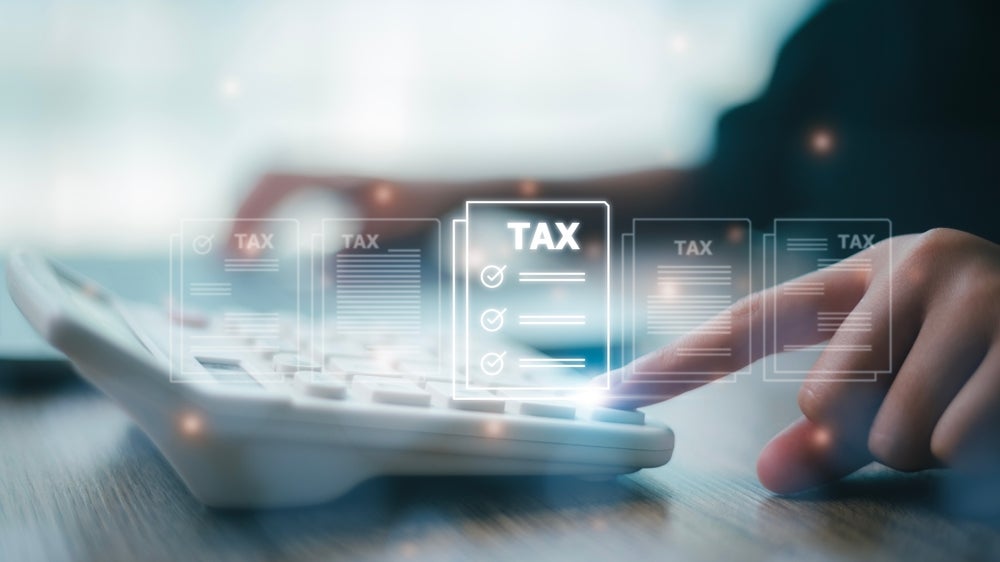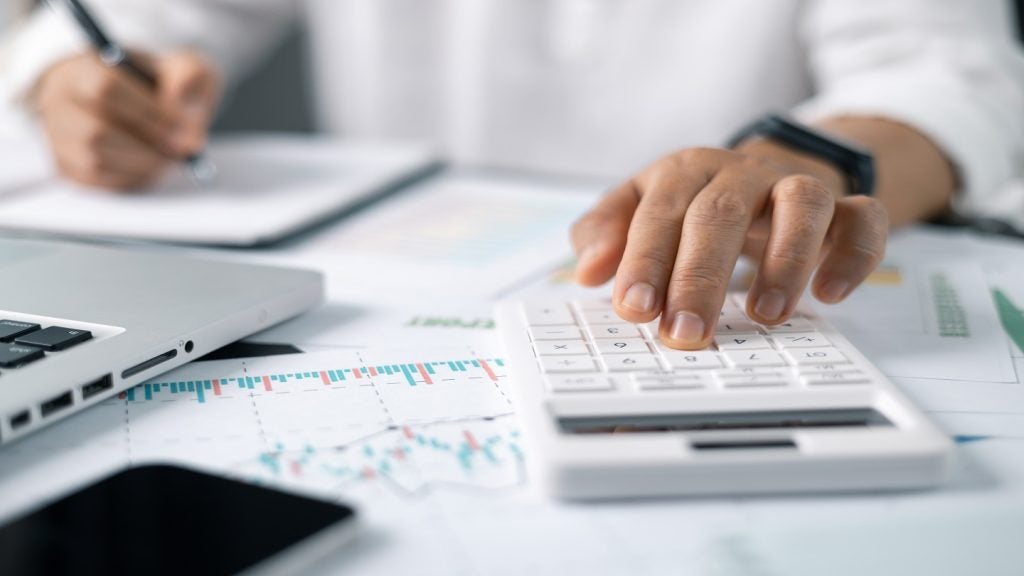
Less than half of Warwickshire business leaders are fully prepared for Making Tax Digital, according to a recent survey.
A poll of Coventry and Warwickshire Chamber of Commerce members by Prime Accountants has revealed that only 47% are fully prepared for HMRC’s Making Tax Digital, while 49% describe themselves as ‘somewhat prepared’ or ‘unprepared’.
HMRC is digitising tax administration and management to reduce the tax gap – the difference between what should be paid and the amount that is actually paid – by bringing tax payments forward.
Making Tax Digital is already compulsory for VAT registered businesses and will become mandatory for Income Tax Self Assessment for sole traders and landlords from April 2026.
Only 14% of business leaders surveyed predict that becoming Making Tax Digital compliant will create no additional costs for them and their business.
Meanwhile, 44% are investing in third party support, such as advice from an accountant, to ensure compliance, while 19% are providing additional training for staff and 18% are investing in new software. 7% plan to appoint new staff to support their ongoing transition to Making Tax Digital.
How well do you really know your competitors?
Access the most comprehensive Company Profiles on the market, powered by GlobalData. Save hours of research. Gain competitive edge.

Thank you!
Your download email will arrive shortly
Not ready to buy yet? Download a free sample
We are confident about the unique quality of our Company Profiles. However, we want you to make the most beneficial decision for your business, so we offer a free sample that you can download by submitting the below form
By GlobalDataOf those investing to comply, the majority – 14% – estimate spending between £300 and £500, 8% will spend £100 to £300, and just 4% will spend less than £100.
At the other end of the scale, 5.5% predict costs of £500 to £700, another 5.5% estimate costs of £700 to £1,000, and 7% are bracing for costs totalling more than £1,000.
Coventry and Warwickshire business leaders were quizzed by the West Midlands accounting specialists on their transition to Making Tax Digital as part of the Chamber of Commerce’s Quarterly Economic Survey.
Commenting on this, Prime Accountants director and Coventry and Warwickshire Chamber of Commerce director, Steve Harcourt, said: “It’s unsurprising that business leaders are feeling so unprepared at this stage, as HMRC has continually moved the Making Tax Digital deadline.
“Ultimately, individuals won’t want to prioritise something that keeps moving back however, it is important to prepare from an administration and cash flow point of view.
“Those affected by Making Tax Digital will face more filing and administration throughout the year, with quarterly filing, an end of period statement and a final declaration that summarises all income for a tax year.
“This will inevitably increase the time and cost involved in submitting tax returns for sole traders and small businesses in the region, and place increased pressure on cash flow.”
Making Tax Digital for Income Tax Self Assessment will be introduced in April 2026 for income from self-employment or property totalling over £50,000.
While individuals have been able to voluntarily sign up for Making Tax Digital for Income Tax since April 2024, data obtained from HMRC by Prime Accountants via a Freedom of Information request reveals that just 35 individuals have so far registered for the scheme in the UK.
More than 12 million people were required to submit an Income Tax Self Assessment return for the tax year 2022/23.
Harcourt added: “It is surprising that so few are registering voluntarily, but there has also been very little communication from HMRC to those affected by the changes in digitisation.
“Individuals will have to adopt software capable of submitting Making Tax Digital returns and ensure they are completed every quarter.
“It underlines that the responsibility and admin burden is very much on the individual, so it is important we raise awareness and ensure the local business community is not caught out by this, particularly those in business partnerships who may not realise they are affected.”






